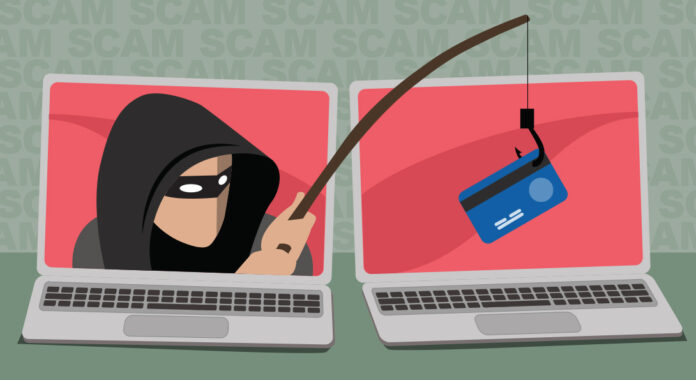Seniors are usually perceived as easy victims by fraudsters and con artists, especially in the online environment where they are less tech-savvy than younger people. According to FBI’s 2020 Elder Fraud Report, last year, only in South Carolina, almost 1,500 seniors were victims of online scams and cyberattacks that led to losses of almost $10 million. These numbers are worrisome, but just because you are a senior, it doesn’t mean you are left with no defense online. Practicing cyber safety can help you protect your identity and money. Here are a 5 tips to boost your online security.
- Create Strong Passwords
Many websites ask you to provide a safe password which is a more complicated one that also contains numbers and special characters. Although creating and remembering this password is not always easy, it is recommended to do it as it will be harder to crack if a hacker tries to enter your email or fax from your PC or phone and steal your data. Steer clear from using passwords that contain your name or date of birth as they are the easiest to hack.
- Use Two-Factor Authentication Methods
Two-step or two-factor authentication methods exist for a reason – boosting the safety of financial transactions. They do imply one more action before you can send money or verify an account, but they are essential in order to keep your credit or debit card information safe. Two-sept authentication only takes a few seconds more. Choose to use this method whenever you make payments as it can significantly improve your defense against cybercriminals.
- Be Cautious When Someone Is Asking for Your Bank Details
Whenever someone you don’t know, be it a sales agent, a broker, or the alleged owner of an online business asks you for your bank information, you should be very cautious. You should only use your bank details online when you purchase products from reputable eCommerce platforms, to enter a legal agreement with a licensed or verified company, or to transfer money to a known person or entity. Even if you are not asked to provide these details, but simply to send a given amount of money to someone, be wary and don’t do it until you are sure who that person is and where the money goes. Moreover, avoid people who are asking for gift cards as a form of payment. All these tactics aim to obtain your bank data and can later be used for fraudulent actions.
- Don’t Open Email Attachments from Unknown Senders
Email phishing occurs in different ways these days, but the purpose of scam emails is always the same – obtaining sensitive personal information. One of the easiest ways for hackers to get inside your computer and steal your credentials, sensitive data, or even bank account is by sending you email attachments. Once you download them, you install a malicious program on your PC that can access your sensitive data. Therefore, to stay safe, you should never open email attachments sent from unknown users, especially for commercial purposes or emails that promise you a deal or an investment opportunity. To avoid spam messages that are most likely to contain such threats, you should also turn on spam filters on your email account.
- Protect Your Device with an Antivirus Software
An antivirus doesn’t cost a fortune, but it can take you a long way in terms of cyber protection. Besides keeping your PC clean and virus-free, this type of software can also automatically block any suspicious website or applications you would otherwise access and enable malicious programs to infiltrate your computer.
Moreover, when you are done using your accounts (especially those where your credit or debit card is registered), always log out. Don’t simply close the browser without logging out because you are leaving an open door for hackers who might sneak into your computer and access your personal data.
Extra Tip: Post Limited Personal Information on Social Media
Many seniors enjoy spending time on social media and there is nothing wrong with this but providing a lot of personal details such as your address or contact details on social media exposes you to identity theft and personal security risks.
Finally, remember that educating yourself is always the best method to avoid risks, especially while browsing or shopping online. Therefore, it’s a good idea to try, every now and then, to read articles on cybersecurity or recent online scams so that you know what to avoid and what caution measures to take.






